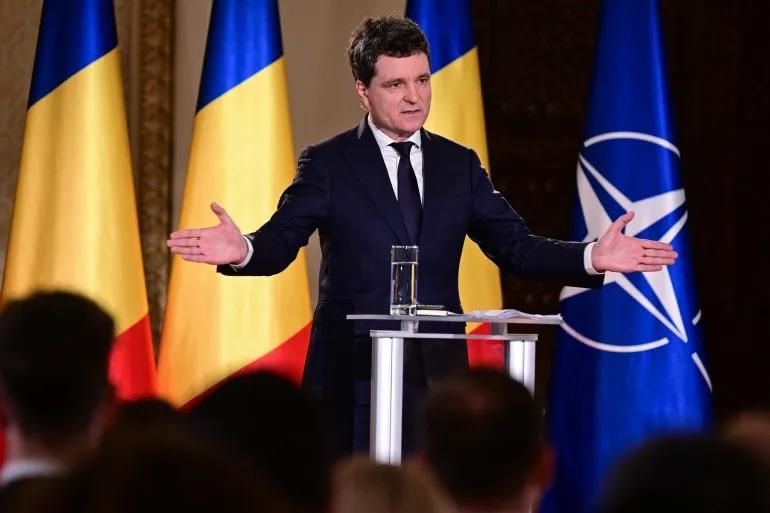In a stunning upset, Nicușor Dan, the moderate, pro-European Union mayor of Bucharest, has won Romania’s presidential election, defeating far-right nationalist George Simion in a runoff that has captured global attention. With nearly all votes counted, Dan secured 54.2% of the ballots, a clear victory over Simion’s 45.8%, marking a significant rebuke to the rising tide of right-wing populism in Europe. The result, announced early Monday, May 19, 2025, follows a tense campaign that saw Simion, a self-proclaimed admirer of Donald Trump, lead the first round with 40.96% compared to Dan’s 20.99%. The dramatic turnaround, driven by a record 64% voter turnout, underscores Romania’s commitment to its pro-Western trajectory as a NATO and EU member state.

Dan, a 55-year-old mathematician and former anti-corruption activist, campaigned on a platform of unity, reform, and staunch support for Romania’s EU and NATO ties. His victory speech in Bucharest emphasized a vision for an “honest, prosperous Romania” that rejects division and hate. Supporters, waving Romanian and EU flags, gathered outside his headquarters, chanting his name as results confirmed his lead. The high turnout, particularly among young voters and the Romanian diaspora, proved pivotal, with Dan winning 87% of votes in neighboring Moldova. European leaders, including Ursula von der Leyen and Volodymyr Zelenskyy, swiftly congratulated Dan, praising Romania’s choice for a “strong Europe” and a reliable partner for Ukraine.
Simion, the 38-year-old leader of the Alliance for the Unity of Romanians (AUR), had galvanized supporters with a Trump-inspired “Make Romania Great Again” message, advocating for national sovereignty and an end to military aid for Ukraine. Despite his strong first-round performance, bolstered by 61% of diaspora votes in Western Europe, Simion’s campaign faltered after a poorly received debate performance against Dan. Initially claiming victory and alleging electoral fraud, Simion later conceded defeat in a video posted on X, vowing to continue his fight alongside “sovereigntist patriots.” His early claims of irregularities, including unfounded allegations of dead voters and foreign interference, were dismissed by Romania’s Electoral Authority.
The election, a rerun after last year’s vote was annulled over Russian interference allegations, was seen as a geopolitical litmus test. A Simion victory could have aligned Romania with Eurosceptic leaders like Hungary’s Viktor Orbán, risking instability on NATO’s eastern flank. Instead, Dan’s win reassures allies of Romania’s commitment to supporting Ukraine and maintaining EU unity. However, the close race reveals deep divisions, with Simion’s strong diaspora support signaling persistent frustration with Romania’s political establishment.
As Dan prepares to assume the presidency, he faces the challenge of forming a coalition government amid economic concerns and a 7.5% public deficit. His pledge to fight corruption and foster unity will be tested in a polarized nation. For now, Romania’s choice of a pro-EU path over nationalist isolationism resonates as a significant moment in Europe’s political landscape.






